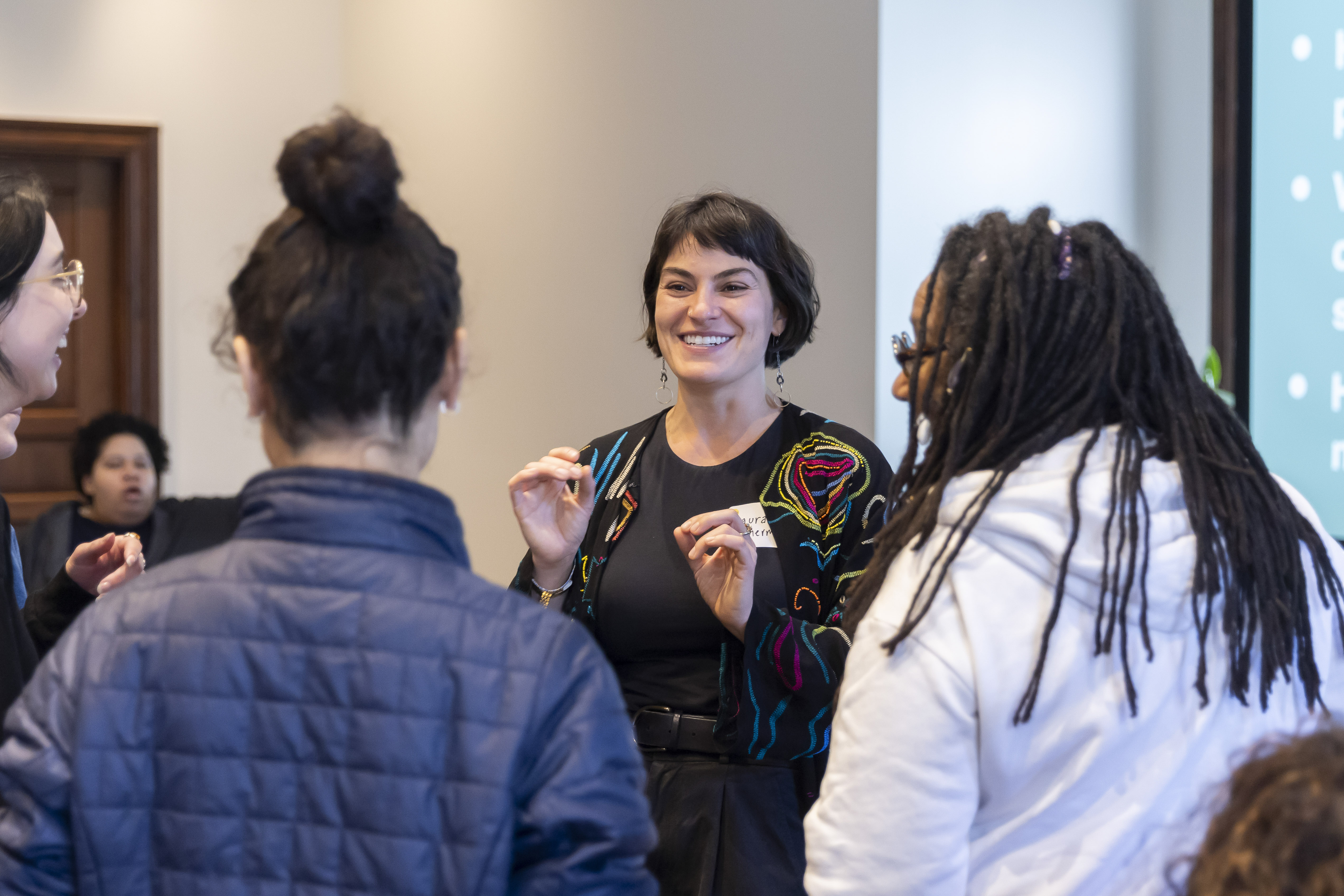Our People

From the pioneering work of James W. Fowler as the first director of the Ethics Center to the current distinguished leadership of John Lysaker, the center has laid claim to outstanding faculty who bear the distinction of representing every school of the university and embodying its commitment to interdisciplinary scholarship.
Core faculty include Ira Bedzow, executive director of the Emory Purpose Project; Jonathan Crane, the Raymond F. Schinazi Scholar in Bioethics and Jewish Thought; Arri Eisen, professor of pedagogy; Kathy Kinlaw, associate director of the Center for Ethics; Jim Lavery, the Conrad N. Hilton Chair in Global Health Ethics; Hilary Mabel, assistant professor, Emory SOM; Edward Queen, director of the Ethics and Servant Leadership Program; and Gerard Vong, director of the Master of Arts in Bioethics Program.
The core faculty are joined by 60+ faculty and professional fellows representing the diversity of Emory, ensuring a deep bench of ethics scholars and researchers.
Staff manage operations, events, and coordinate programs such as the Ethics and Servant Leadership Program.
The center also relies on an advisory board that consists of executives from industry and the academy.